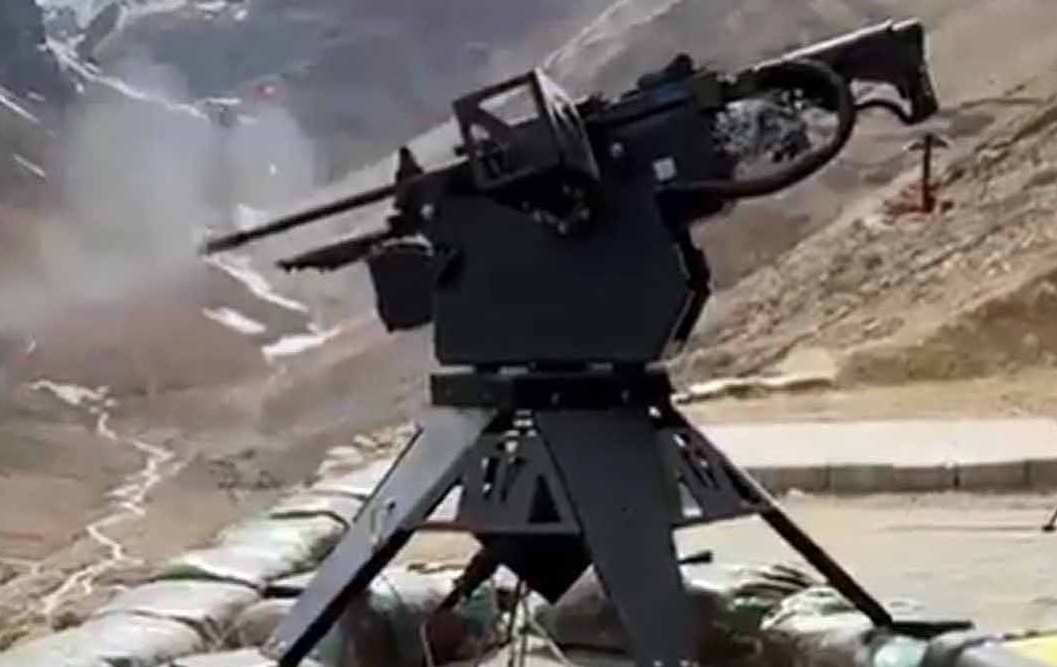India Distances Itself from SCO’s Condemnation of Israeli Strikes on Iran, Calls for Diplomacy

India has chosen to tread a careful diplomatic path amid rising tensions in the Middle East, as it opted not to participate in the Shanghai Cooperation Organisation’s (SCO) recent joint condemnation of Israeli military strikes on Iranian territory. While other SCO member states—led by China, Russia, and including Pakistan—issued a strongly worded statement on the June 13 strikes, India decided to stay out of the bloc’s political messaging, instead reiterating its independent stance urging de-escalation and dialogue.
The SCO, a 10-member Eurasian regional grouping, condemned Israel for what it described as “a gross violation of international law and the United Nations Charter.” According to the SCO statement, the Israeli attacks targeted “civilian infrastructure, including energy and transport networks,” resulting in casualties and significant damage. The statement also warned of serious consequences for regional and global stability, urging a peaceful and diplomatic resolution to tensions involving Iran, particularly over its nuclear program.
India, however, took a notably different approach. It declined to join the discussions that led to the SCO’s condemnation. A spokesperson from India’s Ministry of External Affairs made it clear that New Delhi had already communicated its position on June 13—the same day as the strikes—stressing the importance of dialogue and restraint. “We urge that channels of dialogue and diplomacy be utilised to work towards de-escalation,” the spokesperson said, adding that India continues to support international efforts aimed at easing tensions.
India’s External Affairs Minister also reached out directly to his Iranian counterpart, conveying India’s concern and calling for calm. This bilateral engagement was intended to show India’s seriousness about the issue without getting entangled in the SCO’s collective political posturing.
The decision to distance itself from the SCO’s strongly worded statement appears to be a strategic one. India has vital interests on both sides: it shares deep defense, economic, and technological ties with Israel, while also maintaining long-standing civilizational and energy relationships with Iran. Moreover, India values its position in the SCO, which includes key regional players like Russia, China, and the Central Asian nations. Walking this tightrope is part of India’s broader foreign policy strategy—engaging with multiple partners without taking sides.
This is not the first time India has taken an independent path within multilateral groupings. Its approach underscores a consistent diplomatic principle: prioritizing national interests and maintaining strategic autonomy while calling for peace and stability through non-confrontational means.
As the Middle East grapples with the threat of further escalation, India’s cautious response signals its preference for a balanced role—one that avoids taking sides in conflicts but remains actively engaged in promoting peace and dialogue.
✍️ This article is written by the team of The Defense News.






